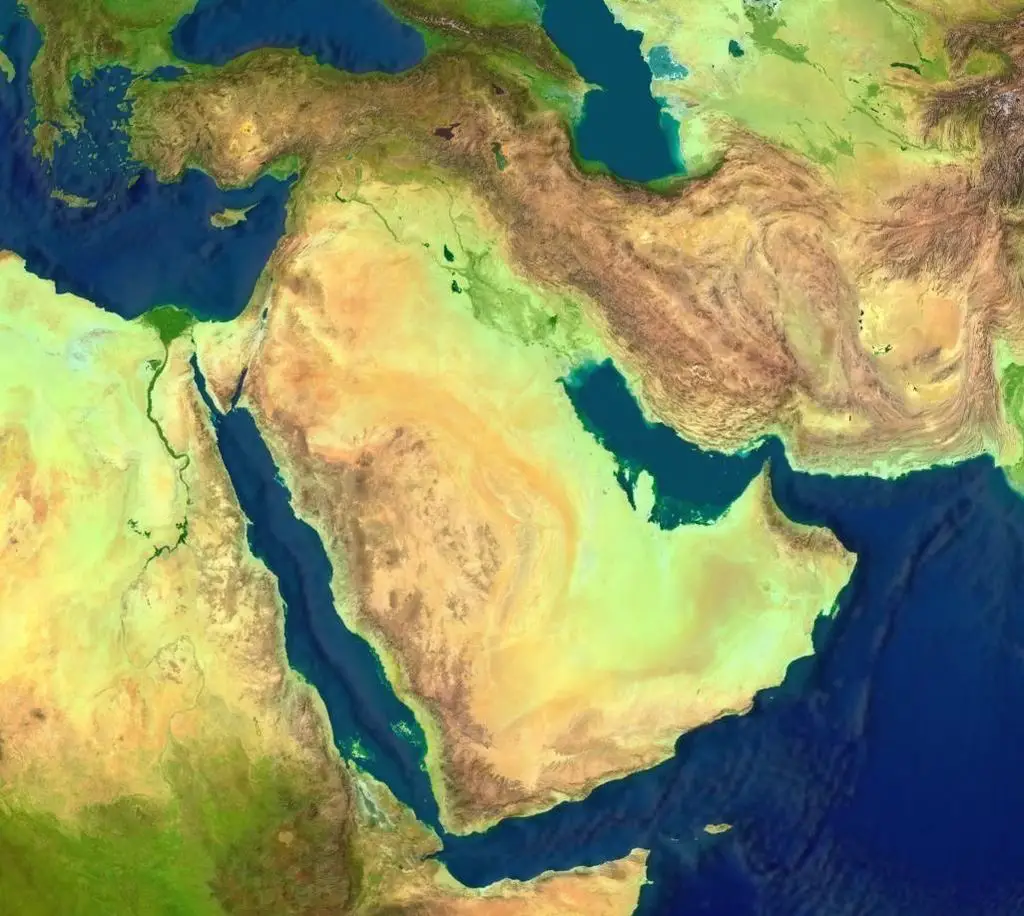The Middle East remains a politically volatile region with significant impacts on the world stage.
Here’s a breakdown of some recent ways Middle Eastern politics have influenced global affairs:
Energy Security:
- Oil Price Fluctuations: The Middle East is a major producer of oil, and political instability in the region can lead to price fluctuations in the global oil market. Recent events like drone attacks on oil facilities and ongoing tensions between Iran and the West have contributed to price volatility, impacting energy costs worldwide.
- Alternative Energy Sources: The reliance on oil from the Middle East has encouraged a global push for alternative energy sources and energy independence for many countries.
Global Security Threats:
- Terrorism: The rise of terrorist groups like ISIS in recent years originated partly from the power vacuums created by conflicts in the Middle East. These groups pose a security threat not only in the region but also globally.
- Refugee Crisis: Conflicts in the Middle East have displaced millions of people, leading to a major refugee crisis that has impacted Europe and other parts of the world. This has put a strain on resources and fueled political tensions in some countries.
Geopolitical Realignments:
- Shifting Alliances: Traditional alliances in the Middle East are shifting. For example, some Arab countries have improved relations with Israel due to shared concerns about Iran’s nuclear ambitions. This has created a more complex geopolitical landscape.
- The Rise of Regional Powers: Countries like Iran, Turkey, and Saudi Arabia are vying for greater regional influence, further complicating the political dynamics.
Economic Repercussions:
- Disruptions in Trade: Political instability in the Middle East can disrupt trade routes and hinder economic activity, impacting global supply chains.
- Investment Uncertainty: The volatile political climate discourages foreign investment in the region, hindering economic development and job creation.
Here are some additional points to consider:
- The Israeli-Palestinian Conflict: This long-standing conflict continues to be a major source of tension in the region, with humanitarian implications and impacting peace prospects.
- The Use of Social Media: Social media plays a growing role in shaping public opinion and fueling political movements around the world. This can have both positive and negative consequences.
The Middle East remains a complex and constantly evolving region. Its political landscape significantly impacts the world through energy security, security threats, geopolitical realignments, and economic repercussions. Understanding these ongoing developments is crucial for navigating the interconnected world we live in.


